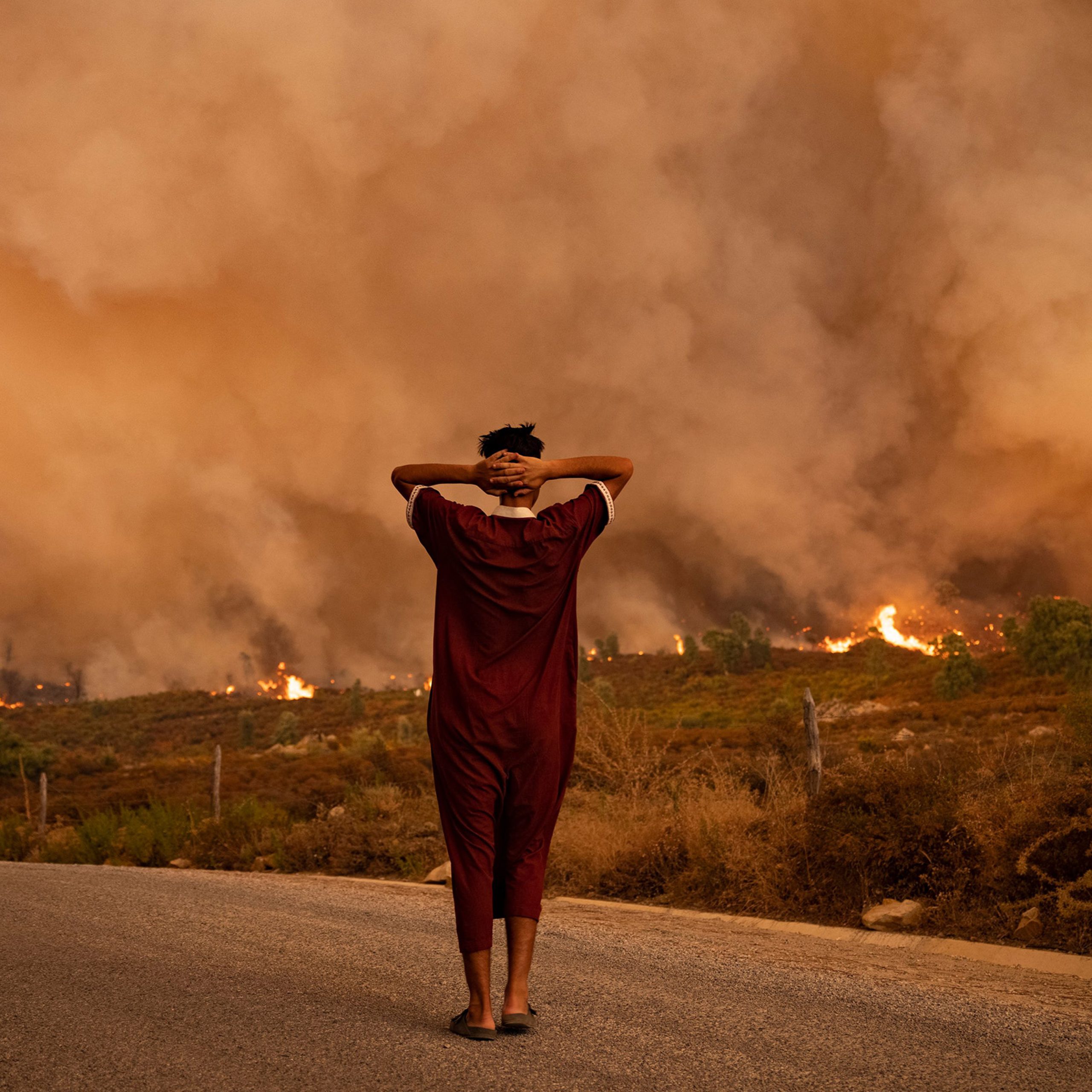In recent years, climate scientists around the world have issued increasingly urgent warnings about the accelerating pace of global warming. The consequences of rising temperatures are becoming clearer, and the need for action more pressing than ever.
Impacts on ecosystems and biodiversity
The impacts of global warming are manifold, affecting ecosystems and biodiversity across the planet. As temperatures continue to rise, ecosystems face unprecedented challenges, endangering numerous species.
The call for immediate action
The scientific consensus is clear: the world must act swiftly to mitigate the effects of climate change. Policymakers, industries, and individuals all play a crucial role in addressing this global crisis.
In recent decades, the world has witnessed a steady increase in average global temperatures, primarily driven by human activities such as the burning of fossil fuels, deforestation, and industrial processes. This phenomenon, commonly referred to as global warming, has now evolved into a climate crisis with far-reaching consequences.
The climate crisis escalates
As carbon dioxide (CO2) and other greenhouse gases accumulate in the atmosphere, they trap heat, causing the Earth’s average temperature to rise. This warming trend has led to more frequent and severe weather events, including hurricanes, droughts, wildfires, and floods. The consequences are devastating, resulting in loss of life, property damage, and economic turmoil.
Impacts on ecosystems and biodiversity
The effects of global warming extend beyond extreme weather events. Ecosystems worldwide are under stress, leading to disruptions in natural cycles and threatening the survival of many species. Coral reefs, for example, are dying due to increased ocean temperatures and acidity, jeopardizing marine biodiversity and the livelihoods of coastal communities.
In addition to ocean-related impacts, rising temperatures are causing shifts in habitats and migration patterns for terrestrial species. Polar bears, for instance, are struggling to find food as Arctic ice melts, leading to a decline in their population. Meanwhile, plants and animals that cannot adapt quickly enough face the risk of extinction.
The call for immediate action
Climate scientists are unanimous in their call for immediate and sustained action to combat global warming. They emphasize the need for a significant reduction in greenhouse gas emissions, transitioning to renewable energy sources, and protecting and restoring critical ecosystems. To address this crisis effectively, it requires coordinated efforts on a global scale.
Governments and policymakers are pivotal players in enacting meaningful change. International agreements like the Paris Agreement aim to limit global warming to well below 2 degrees Celsius above pre-industrial levels. However, experts argue that more ambitious goals and policies are required to achieve this target and prevent catastrophic consequences.
Industries must also play their part by adopting sustainable practices and reducing their carbon footprint. Technological advancements in renewable energy, electric transportation, and carbon capture can help pave the way to a greener future.
Individuals can contribute by making environmentally conscious choices in their daily lives, such as reducing energy consumption, conserving water, and supporting sustainable products and practices. Collective action, from grassroots initiatives to global movements, has the power to drive change and hold institutions accountable.
The escalating climate crisis is a global challenge that demands immediate attention and action. The impacts on ecosystems and biodiversity are profound, and the consequences of inaction are dire. Climate scientists stress the urgency of addressing this crisis through concerted efforts from governments, industries, and individuals worldwide. As the world faces this critical crossroads, the choices made today will determine the future of our planet for generations to come.





